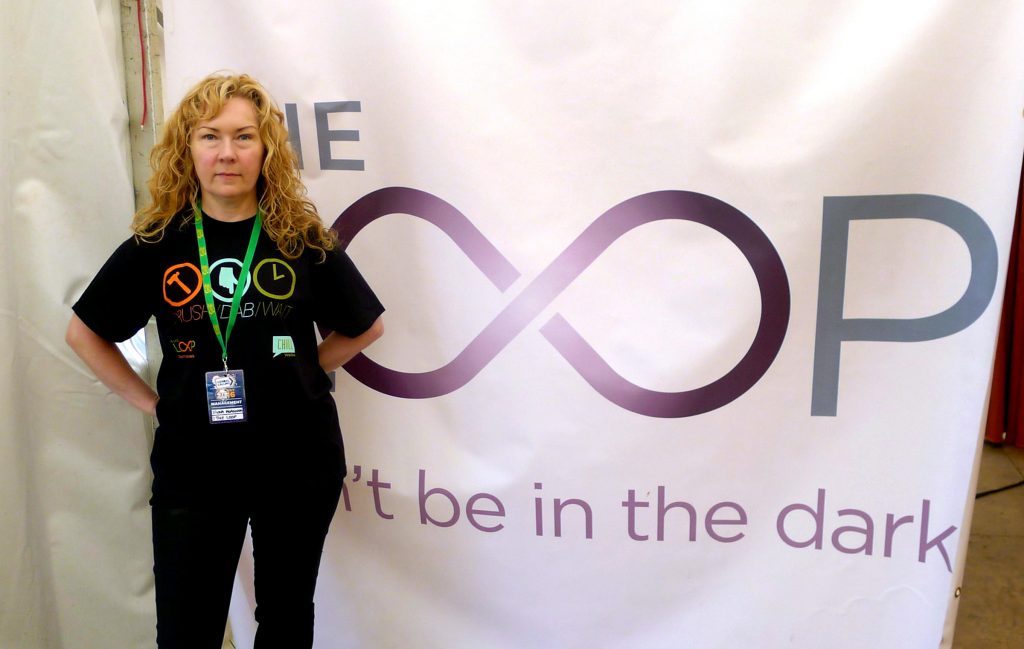Last year I shadowed The Loop as they offered their pioneering front-of-house drug testing programme in Manchester at one of The Warehouse Project’s club nights.
As someone who is particularly passionate about harm reduction in my role at CGL (Change, Grow, Live), I was inspired by their commitment to helping people make informed decisions, creating a safer environment within a venue where some degree of recreational drug use is inevitable.
Around the same time, The Loop launched a partnership with Secret Garden Party and Kendal Calling to pilot drug testing at festivals for the first time in the UK. According to the Royal Society for Public Health, of the people who tested their drugs at the two festivals, 18% chose not to take them after receiving the results. So there is clearly an appetite for informed decision-making when it comes to festival drug use.
With the rise of social media, it is unsurprising that a peer-to-peer approach has also emerged, driven by student groups, such as the Newcastle branch of Students for Sensible Drug Policy, among others. This group is led by students and reaches out to members of their own community, taking it upon themselves to distribute low-cost drug testing kits with the message ‘Test Your Drugs, Not Yourself’. Self-funded and actively communicating through Facebook, they know exactly how to engage young people in this sensible, health-focused approach.
Unlike those at the helm of national and local drug strategies, these student groups aren’t motivated by the legalisation debate. Much like other civil society groups they are driven by consideration for the health and wellbeing of their community and a commitment to ensuring the safety of their peers.
Having engaged authorities at a local level, The Loop director Fiona Measham believes we are approaching a time when front-of-house drug testing could soon become mainstream and even mandatory when securing licensing for a festival.
Clearly this would require a pragmatic approach at a national level, recalibrating the conventional debate on recreational drug use. Acknowledging the increase in the number of deaths from ever-more potent, unregulated, and usually contaminated drugs in British cities, and admitting that something needs to be done, does not equate to condoning drug use.
Any critique of drug testing from a criminal justice perspective fails to recognise its main purpose – to keep people safe. The more information available, the easier it is for recreational drug users to make informed choices.
For too long, the debate around regulating recreational drug culture has been driven by those removed from its epicentre, albeit with clear concern for those at risk – whether that’s politicians, law enforcement services, parents of drug users, or even substance abuse services seeking to minimise associated harm. As it becomes increasingly critical to explore new approaches focusing on harm reduction, we need to stop judging other people’s choices if we are to help them stay safe.
According to Melvin Benn of Festival Republic, the company behind Reading and Leeds festivals, “between six and ten” festivals are expected to offer drug testing this summer. Those taking advantage of this service will not only have the unique opportunity to reveal the strength and purity of their drugs, but also receive genuine harm reduction advice within a respectful, non-judgemental environment. If onsite drug testing services could be offered as standard at festivals, we could start to expose the more potent, unregulated and contaminated drugs for what they really are, and this would be truly ground-breaking.
Dr Prun Bijral is Medical Director at national health and social care charity Change, Grow, Live (CGL)

